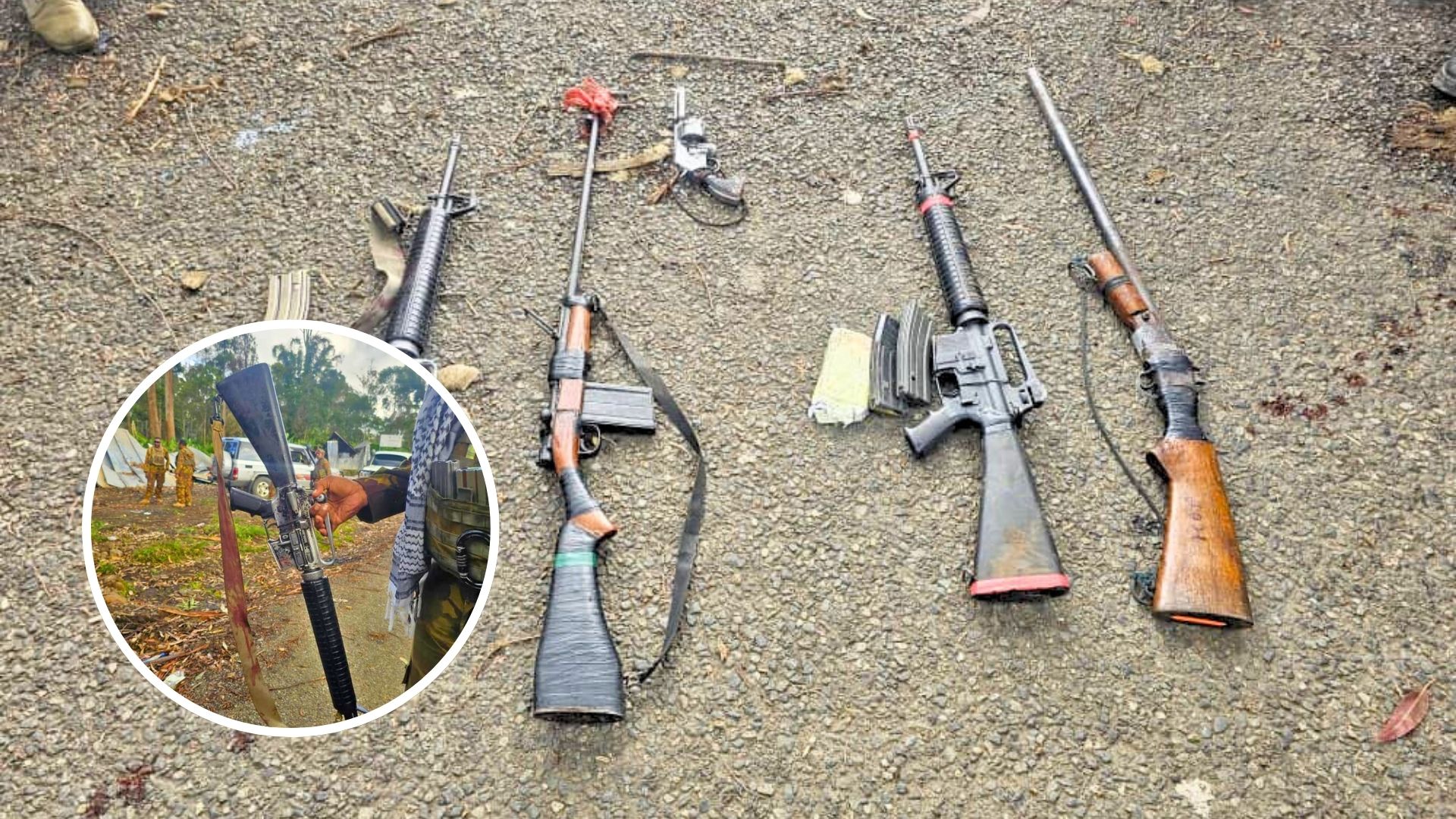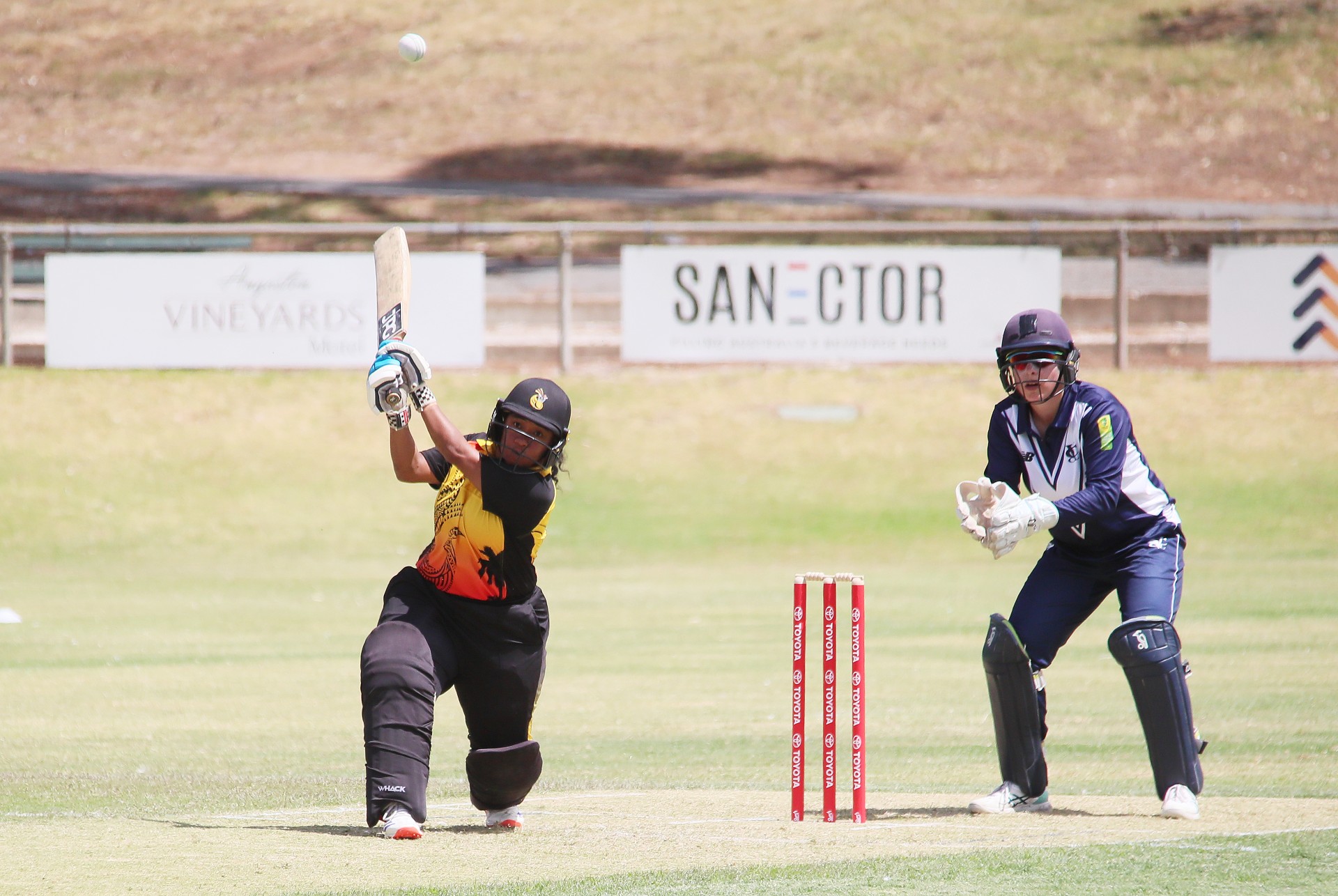A man jailed for life for the murder of a pregnant Queensland teenager has been granted a retrial by the state’s highest court.
Rodney Wayne Williams, 65, was last year convicted of murdering 16-year-old Tiffany Taylor after arranging to meet with her for sex.
On Tuesday, Queensland’s Court of Appeal quashed Mr Williams’ conviction and ordered a retrial, finding the trial judge had erred in directions.
Tiffany disappeared in July 2015 after the pair arranged to meet for sex in Waterford West, south of Brisbane. Her body has never been found.
Her blood was found in Mr Williams’s car and police uncovered messages that he arranged to meet Tiffany for sex.

Mr Williams maintained his innocence.
In his appeal, defence barrister Michael Copley QC argued that trial judge Justice Ann Lyons had erred in directions to the jury, resulting in a miscarriage of justice.
Mr Copley said the first miscarriage arose from directions about evidence concerning Tiffany’s attempts to extort money from other people she met for sex and its relevance to “whether the appellant intended to kill her or do grievous bodily harm”.
In his published reasons, Court of Appeal president Justice Walter Sofronoff said the directions given to the jury created a “possible path of a verdict of guilty of murder which was not open”.
“The directions … wrongly invited the jury to conclude they might find that Tiffany tried to extort the appellant and that, in order to prevent her from making a false complaint, he formed the intention to kill her and did,” Justice Sofronoff said.
“No such case was advanced by the crown nor, on the evidence, could it have been.”
Mr Copley argued another miscarriage of justice occurred in directions concerning the identification of the deceased girl and whether the jury was satisfied by the evidence.
The defence had urged Tiffany was still alive after leaving Mr Williams’s company and had been seen by two men when he dropped her off.
“The theory was that, if the jury was satisfied that Tiffany was dead, then it was her partner (Gregory Hill) who had probably killed her,” Justice Sofronoff said.
He said the crown had to satisfy the jury the girl had not been seen by the two men, not the defence.
“The direction that the jury had to exercise caution before concluding that ‘identification has been established’ wrongly suggested the appellant bore a burden to prove (the men) had seen Tiffany,” Justice Sofronoff said.
“It wrongly implied the warnings … applied equally to identification evidence that was relied upon the defence to raise a reasonable doubt.
“In doing so, in my respectful opinion, the direction denied the appellant a fair chance of acquittal.”
All three Court of Appeal justices allowed Mr Williams’ appeal, set aside his conviction and ordered a retrial.





